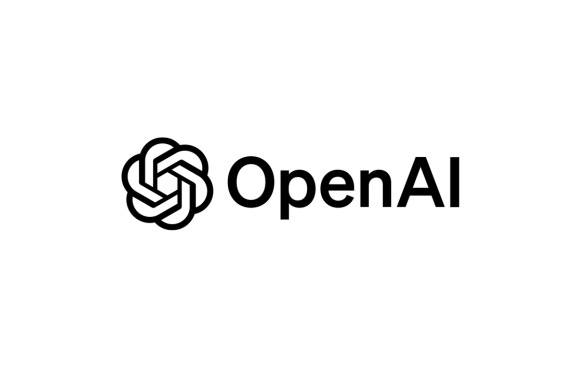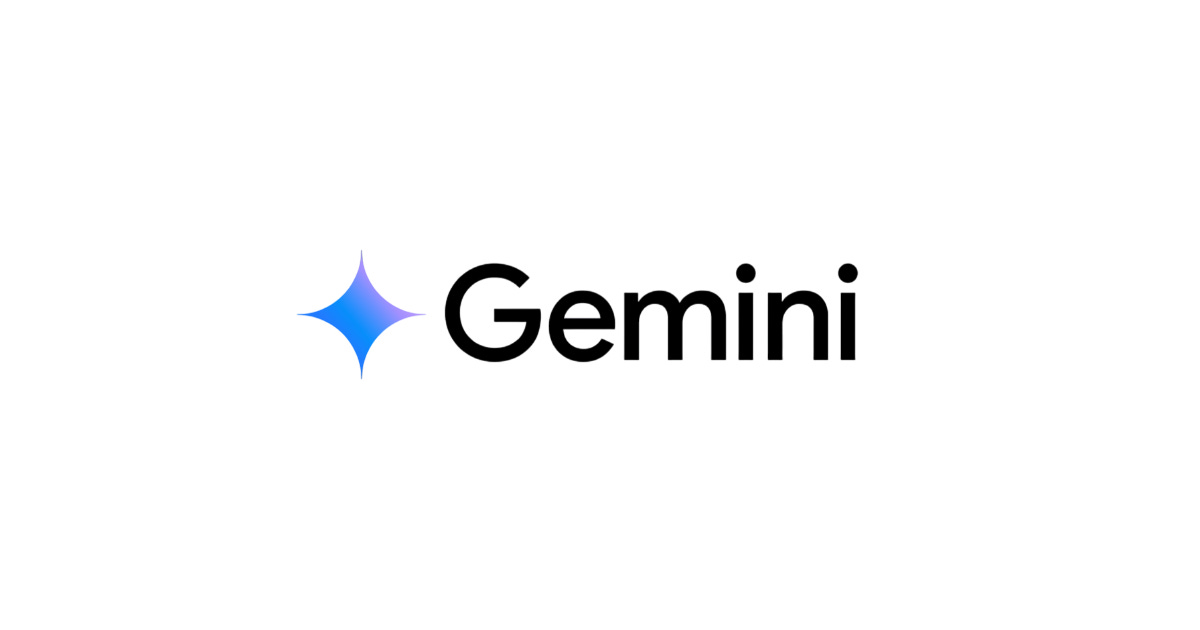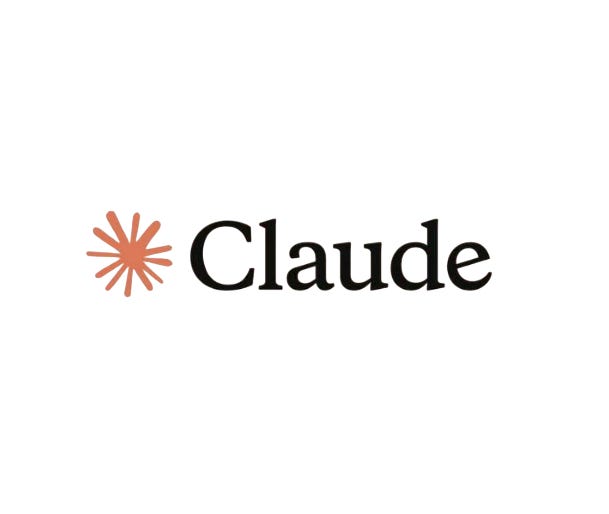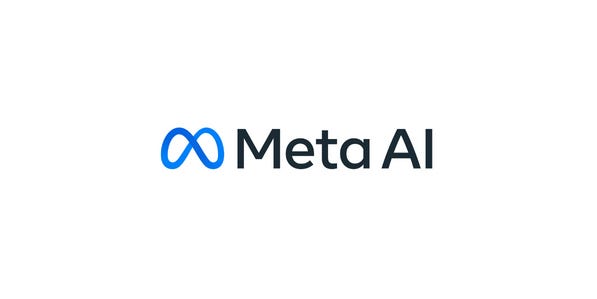Top 5 Foundation LLMs for Agentic AI: Exploring the Future of Intelligent Systems
 Surge Datalab Private Limited
Surge Datalab Private Limited
In the rapidly evolving world of artificial intelligence, agentic AI is emerging as a transformative force, enabling machines to act with purpose, decision-making capabilities, and adaptive learning. At the core of agentic AI lies the power of foundation language models (LLMs), which provide the fundamental intelligence needed to carry out complex tasks. These models are at the forefront of advancing AI technologies across industries, powering everything from content creation to research, coding, and automation. Here’s a look at the top 5 foundation LLMs that are paving the way for the future of agentic AI:
1. OpenAI: Leading the Charge in Natural Language Understanding

OpenAI remains a pioneer in the realm of large language models. Their models excel at natural language understanding and generation, allowing businesses to enhance customer support, automate content creation, and offer coding assistance. One of OpenAI's standout features is Few-Shot Learning, which allows the model to perform tasks with minimal specific training data, making it highly adaptable across various use cases.
However, there are challenges to consider—OpenAI's pay-as-you-go pricing model can become costly for high-volume users, and data privacy concerns may arise when handling sensitive information. Despite these challenges, OpenAI continues to be a leader for organizations seeking scalable and productive AI solutions.
2. Google’s Gemini: A New Era in Multimodal AI

Google’s Gemini is a next-generation foundation model that combines advanced machine learning with multimodal capabilities, allowing it to process and generate content across formats such as text and images. With real-time data access, Gemini ensures that users always receive the most up-to-date responses, making it ideal for content creation, research, and coding assistance.
Gemini’s deep integration with Google’s suite of services, such as Docs, Sheets, and Gmail, enhances productivity and streamlines workflows for businesses already within the Google ecosystem. While its subscription model may not be suitable for all users, Gemini’s seamless integration with real-time data makes it a highly versatile tool for tasks requiring accurate, current information. Despite potential issues like inaccuracies in responses, Google’s ongoing investment in AI research ensures Gemini will continue to evolve and improve.
3. Claude: The Hybrid Reasoning Powerhouse by Anthropic

Anthropic's Claude series introduces a novel approach to large language models with hybrid reasoning capabilities. The latest version, Claude 3.7 Sonnet, blends instinctive responses with analytical depth, allowing users to adjust reasoning complexity based on the task at hand. This is complemented by an extended thinking mode, which enables the model to self-reflect and provide more accurate responses in tasks like coding, math, and instruction-following.
Claude’s multimodal input support—handling text, audio, and visual content—makes it an ideal tool for content creation, research, and automation. With a flexible pricing structure that includes free, Pro, and enterprise plans, Claude is accessible to both individuals and businesses. Despite occasional overthinking in simpler tasks, Claude's advanced reasoning capabilities and continuous development position it as a competitive force in the world of agentic AI.
4. Meta’s Llama: Open-Source Innovation for Scalable AI

Meta's Llama series is revolutionizing natural language processing with its impressive performance in text generation, multimodal tasks, and coding assistance. The Llama 2 model, featuring 70 billion parameters, has demonstrated superior performance in reasoning and text generation compared to older models like GPT-3. With the forthcoming Llama 3 expected to surpass 100 billion parameters, Llama is setting new benchmarks for AI scalability.
What makes Llama stand out is its open-source nature and Meta's Open Model License, which allows for both commercial and research use, fostering community innovation. While operational costs for larger models like Llama can be substantial, its open-source flexibility and commitment to continual improvement make it an attractive choice for businesses looking for advanced AI solutions that can be tailored to specific needs.
5. DeepSeek: Open-Source, Affordable, and Customizable AI

DeepSeek is a rising star in the world of foundation models, offering an open-source LLM designed for cost-effective customization. DeepSeek stands out for its strong performance in reasoning, coding, and mathematics, positioning it as a formidable competitor to models like Llama2 70B Base. The affordability of DeepSeek, coupled with its discounted off-peak API pricing, makes it an attractive alternative for organizations looking to leverage AI capabilities without breaking the bank.
While DeepSeek’s reliance on the open-source community for development could lead to challenges with consistency, its integration with Microsoft Azure gives it credibility in the enterprise space. This model’s open-source nature ensures flexibility for adaptation across various industries, particularly in software development, natural language processing, and business automation.
Conclusion: The Future of Agentic AI
These top 5 foundation LLMs—OpenAI, Google's Gemini, Claude, Meta's Llama, and DeepSeek—represent the cutting edge of agentic AI. Each model offers unique strengths and features, from open-source flexibility to multimodal capabilities and scalable performance. As businesses continue to integrate AI into their operations, these foundation models will be crucial in shaping the future of intelligent systems, offering solutions for everything from automation and content creation to advanced coding and reasoning tasks. The rise of agentic AI promises a new era where machines can not only assist but also make decisions and adapt based on the data at hand.
Subscribe to my newsletter
Read articles from Surge Datalab Private Limited directly inside your inbox. Subscribe to the newsletter, and don't miss out.
Written by
